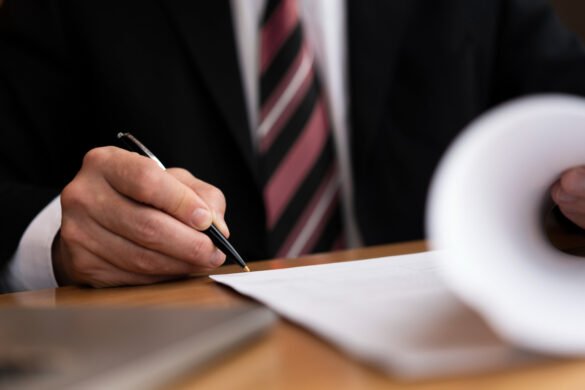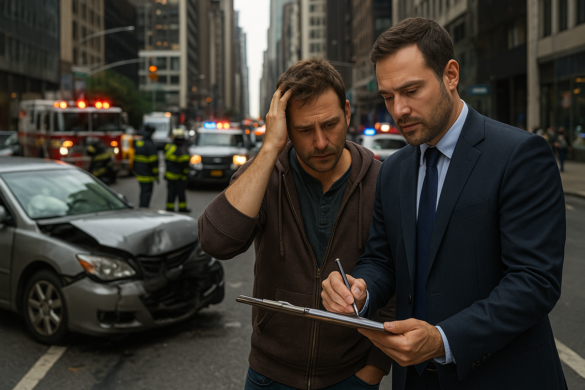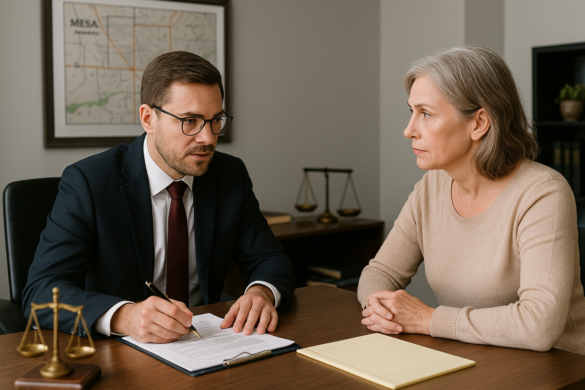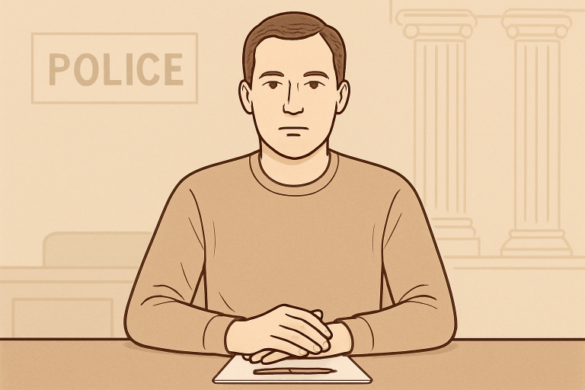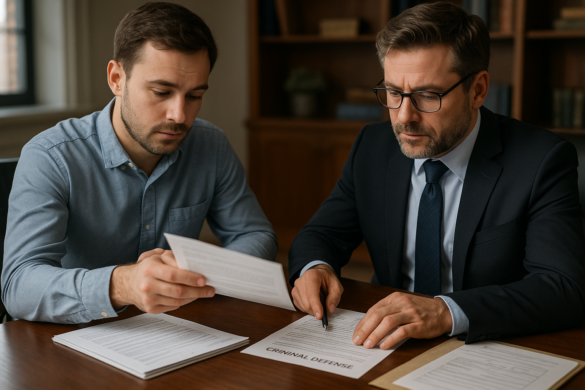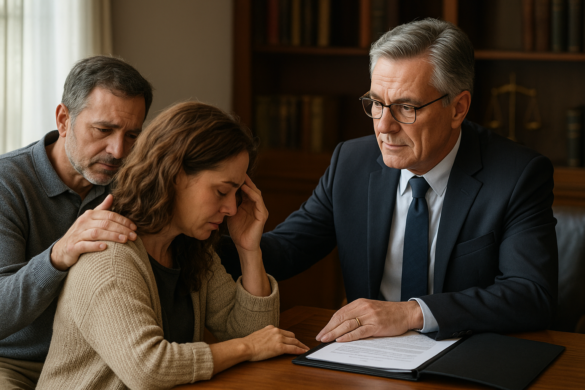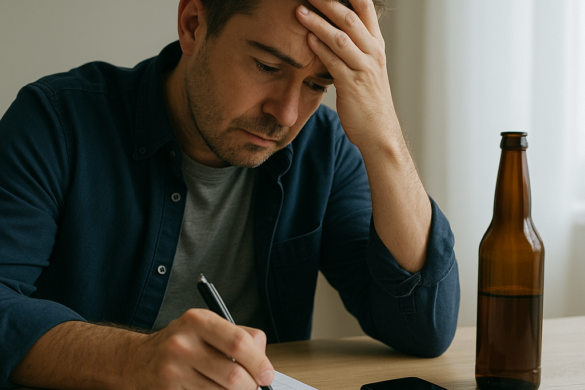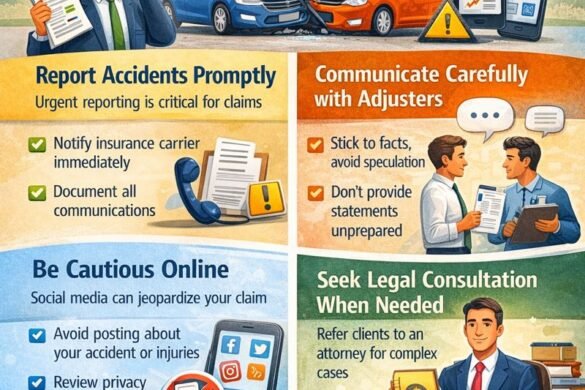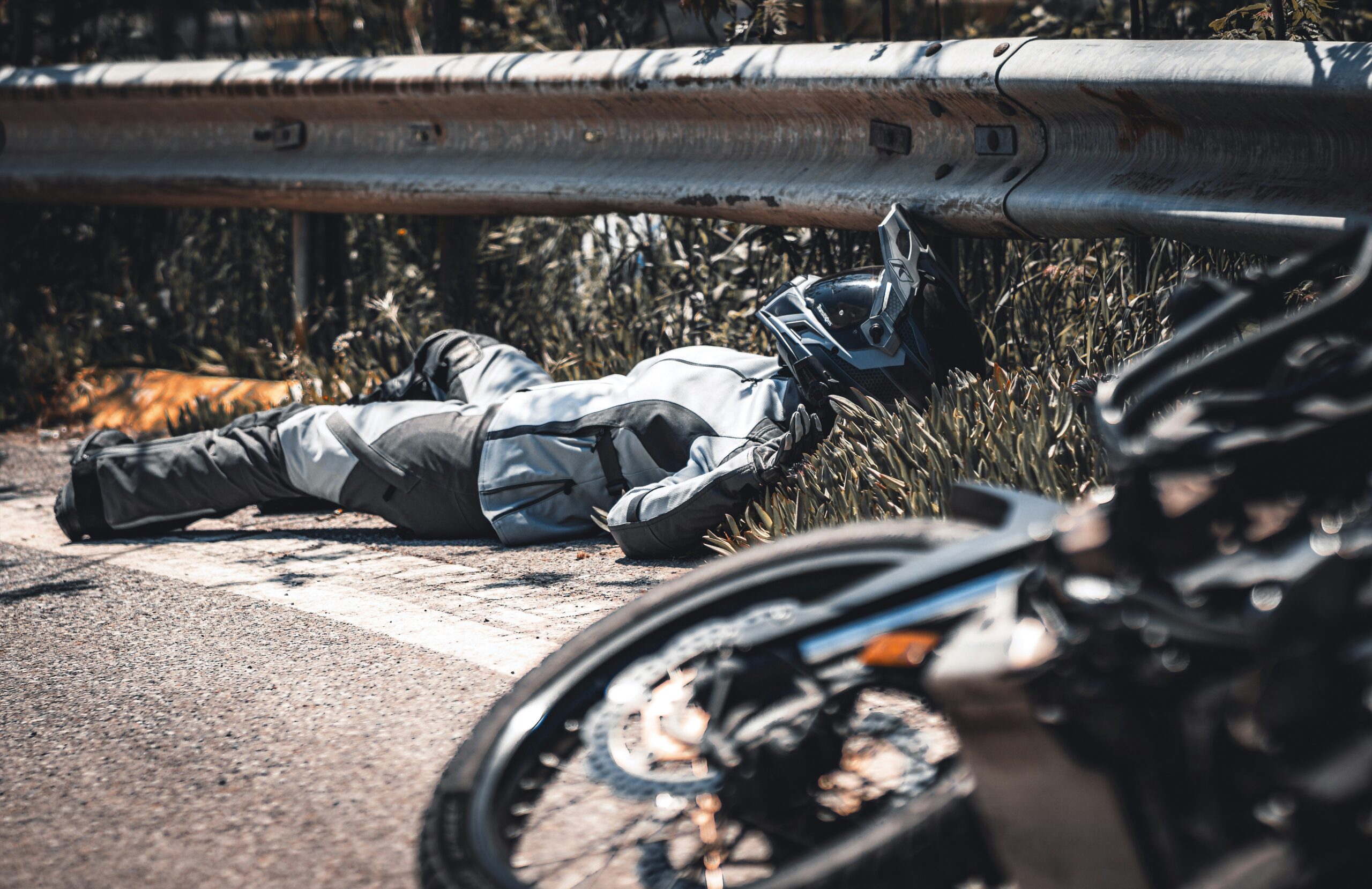 When you’re dealing with a motorcycle accident case, the evidence you collect can be the difference between getting fair compensation and walking away with nothing. Insurance companies and defense lawyers are experts at finding ways to blame motorcycle riders for accidents, even when the other driver was clearly at fault. Having the right evidence makes it much harder for them to twist the facts or deny your claim.
When you’re dealing with a motorcycle accident case, the evidence you collect can be the difference between getting fair compensation and walking away with nothing. Insurance companies and defense lawyers are experts at finding ways to blame motorcycle riders for accidents, even when the other driver was clearly at fault. Having the right evidence makes it much harder for them to twist the facts or deny your claim.
The problem is that most people don’t know what evidence they need or how to collect it properly. They might take a few photos and think that’s enough, but motorcycle accident cases require much more detailed documentation than typical car crashes. The stakes are higher because motorcycle accidents often result in more serious injuries, and insurance companies fight these cases harder because they know the potential payouts are bigger.
Photos That Tell the Real Story
Taking pictures might seem obvious, but most people don’t take enough photos or the right kinds of photos after a motorcycle accident. You need way more documentation than just a quick shot of the damage. Start with wide shots that show the entire accident scene, including both vehicles, the road conditions, traffic signs, and anything else that might be relevant.
Then get closer shots of all the damage to both your motorcycle and the other vehicle. Take photos from multiple angles and make sure the lighting is good enough to see details clearly. Don’t forget to photograph your injuries, your damaged gear, and any skid marks or debris on the road.
The positioning of the vehicles after the crash can tell a story about what happened, so document that carefully before anything gets moved. Take pictures of the license plates, the other driver, and any passengers. If there are witnesses around, get photos of them too so you can find them later if needed.
Weather and road conditions matter a lot in motorcycle cases, so photograph those as well. Was the road wet, dry, or under construction? Were there potholes or other hazards? All of this can become important evidence later.
Witness Statements Are Gold
Witnesses can make or break your case, but you need to get their information right away because they might not stick around long. Don’t just get their names and phone numbers – ask them to write down exactly what they saw while it’s still fresh in their memory.
Good witnesses are people who actually saw the accident happen, not just people who showed up afterward. The best witnesses are neutral parties who don’t know either driver and have no reason to lie. Be wary of witnesses who are friends or family members of the other driver, as their testimony might not be taken as seriously.
Given how critical witness testimony can be in motorcycle cases, riders often benefit from getting help with motorcycle accident claims to ensure witnesses are interviewed properly and their statements are documented in ways that will hold up in court.
When talking to witnesses, ask specific questions about what they observed. Where were they when the accident happened? What did they see first? Which direction were the vehicles traveling? Did they notice if anyone was speeding, texting, or driving erratically? The more detailed their account, the more valuable their testimony will be.
The Police Report Isn’t Always Right
Many people think the police report is the final word on what happened, but that’s not true. Police officers often arrive after the accident and have to piece together what happened based on limited information. Sometimes they make mistakes or draw the wrong conclusions.
However, the police report is still important evidence that insurance companies and courts will consider. Make sure you get a copy as soon as it’s available and read it carefully. If there are any errors in the report, you need to know about them so your lawyer can address them.
Pay attention to whether the officer issued any citations and what they wrote in the narrative section. Sometimes officers will note things that help your case, such as the other driver admitting fault or witnesses saying the other driver was distracted.
Medical Records Tell Your Story
Your medical records are crucial evidence that proves both the extent of your injuries and that they were caused by the accident. Go to the hospital or see a doctor right away, even if you think you’re not badly hurt. Some injuries don’t show symptoms immediately, and having medical records from right after the accident is important for proving your case later.
Be honest with your doctors about your pain and symptoms. Don’t try to be tough or downplay your injuries because that can hurt your case. The medical records need to accurately reflect how the accident affected you, both immediately and over time.
Keep all your medical records, bills, and documentation about treatments, medications, and therapy. This includes records from emergency room visits, follow-up appointments, physical therapy, and any other medical care related to your injuries.
Your Damaged Motorcycle Is Evidence
Your motorcycle itself is important evidence that can help prove how the accident happened. Don’t get it repaired or disposed of right away. Take detailed photos of all the damage before anyone touches it, and make sure the insurance company has a chance to inspect it if they want to.
The damage pattern on your bike can tell experts a lot about the crash, including the point of impact, the speed at impact, and the angle of the collision. This information can support your version of how the accident happened and contradict the other driver’s story if they’re lying.
Keep all the damaged parts and gear, including your helmet, jacket, gloves, and boots. Even if they’re destroyed, they can be important evidence of the severity of the crash. Insurance companies sometimes try to argue that riders weren’t hurt as badly as they claim, but damaged safety gear can prove otherwise.
Electronic Evidence You Might Not Think About
Modern technology creates lots of evidence that most people don’t consider. Many newer motorcycles have data recording systems that capture information about speed, braking, and other factors right before a crash. Similarly, many cars have event data recorders that store crash data.
Cell phone records can prove whether someone was texting or talking on the phone at the time of the accident. Traffic cameras, business security cameras, and even doorbell cameras might have captured the crash or the moments leading up to it.
GPS data from phones or motorcycle navigation systems can also provide evidence about speed and location. All of this electronic evidence needs to be preserved quickly before it gets deleted or recorded over.
Every Dollar You Lost Matters
The money side of your case is just as important as proving who caused the accident. You need to track every single expense that happened because of the crash, no matter how small it seems. This isn’t just about hospital bills – we’re talking about everything from the tow truck that hauled your bike away to the gas money you spent driving to physical therapy appointments.
Start with the obvious stuff such as medical bills, pharmacy receipts, and bills for fixing or replacing your motorcycle. But don’t stop there. If you had to take time off work, get documentation from your employer showing exactly how much pay you lost. If you’re freelance or own your own business, you’ll need tax records and financial statements to prove what you normally earn.
Keep receipts for everything, even the stuff that seems tiny. Parking fees at the hospital, over-the-counter pain relievers, the rental car you needed while your bike was in the shop – it all adds up. Insurance companies will try to nickel and dime you on these expenses, but if you have the paperwork to back up every claim, they can’t argue with hard numbers.
Building a Winning Case
The evidence you collect in the first days and weeks after your accident will determine how strong your case is. Insurance companies are looking for reasons to deny claims or pay as little as possible, but solid evidence makes it much harder for them to fight your case.
Remember that evidence can disappear quickly. Security camera footage gets deleted, witnesses move away or forget details, and physical evidence can be lost or destroyed. The sooner you start collecting and preserving evidence, the better your chances of getting the compensation you deserve for your injuries and damages.
